Scottish Fold Health Problems Explained: What Cat Parents Should Know
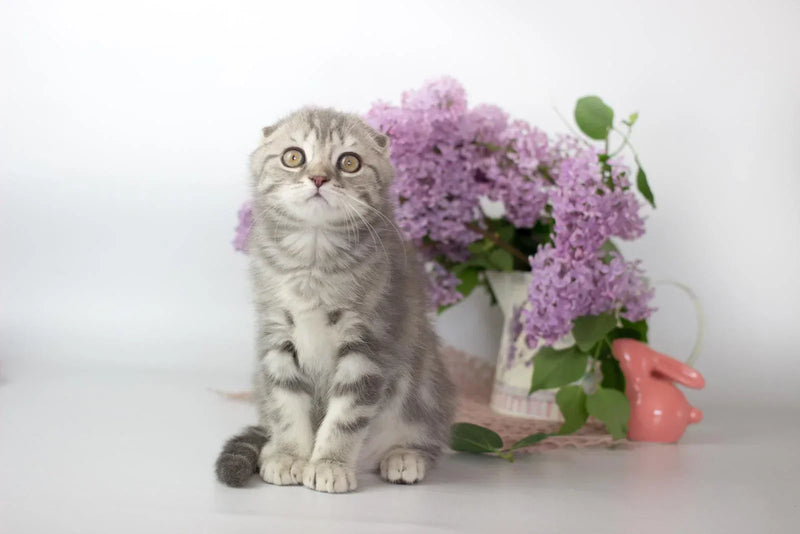
Scottish Folds are one of the most captivating cat breeds—those wide, round eyes and irresistibly folded ears give them an expression that’s hard to forget. But behind that teddy bear look lies a complex health profile that every current or future owner needs to understand.
If you’re wondering, “Do Scottish Folds have health issues?”—the answer is yes, and being prepared will make all the difference in keeping your feline healthy and comfortable. This guide will walk you through the most common Scottish Fold health problems, how to spot them early, and the best ways to manage them.
The Folded Ear Gene: More Than Just a Cute Feature
Scottish Folds are born with a mutation in the TRPV4 gene, which causes their signature ear fold. This mutation affects how cartilage develops—not only in the ears but throughout the body, including the joints and spine.
It’s important to note that not every Scottish Fold has folded ears. Some kittens in a litter may have straight ears, but if they carry the gene, they can still pass on health issues to their offspring. This is why responsible breeding practices matter.
Unfortunately, the very trait that makes them unique also increases their risk for painful skeletal conditions. Understanding this connection helps owners be proactive from day one.
Osteochondrodysplasia: The Most Serious Scottish Fold Health Issue
The most well-known and potentially severe health problem in Scottish Folds is osteochondrodysplasia. It’s a developmental disorder that causes abnormal cartilage and bone growth, leading to stiff joints, pain, and deformity—especially in the legs, tail, and spine.
This condition can begin to show symptoms as early as 7 to 12 weeks of age. Even cats with just one copy of the gene can be affected, though the severity is typically greater in cats bred from two folded-ear parents.
Symptoms to Watch Out For
Osteochondrodysplasia is progressive, so it may worsen over time. Look out for:
-
Limping or stiffness, especially after rest
-
Misshapen or swollen joints
-
A reluctance to run, jump, or climb
-
Pain when touched in certain areas
You might also notice your cat becoming less playful or hiding more often—subtle signs that shouldn’t be ignored.
Managing the Condition
While there is no cure, supportive care can dramatically improve comfort and mobility. Vets often recommend anti-inflammatory medications, joint supplements, and modifications to the home to make life easier for your cat.
In some cases, surgery may help relieve pressure or correct deformities. If your Scottish Fold has been diagnosed with osteochondrodysplasia, partnering closely with a feline-specialized vet is essential for long-term care.
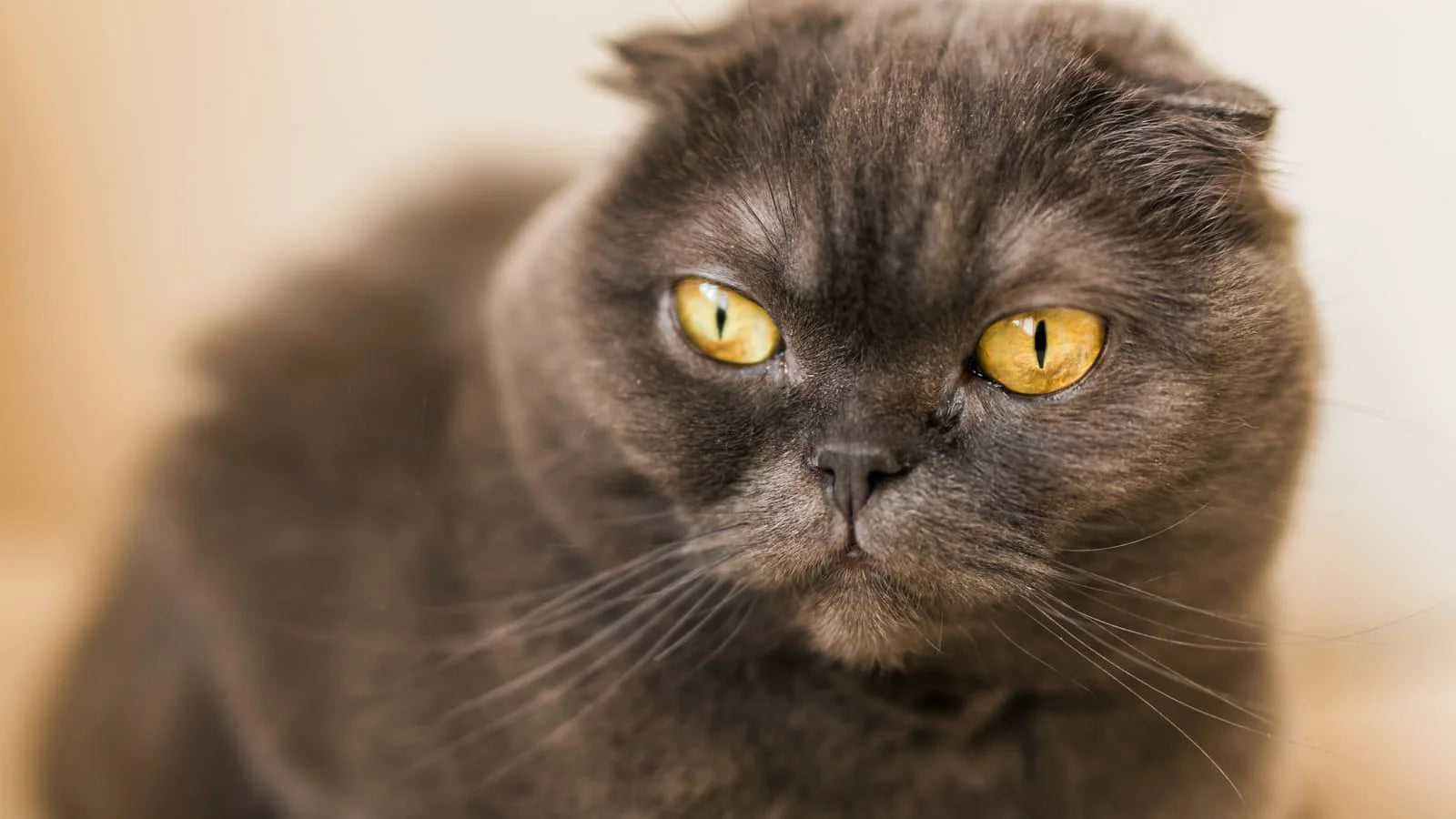
Ear Infections: A Hidden Risk Behind Those Folded Ears
One lesser-known issue that comes with the Scottish Fold’s ear shape is the risk of chronic ear infections. The tightly folded cartilage reduces airflow inside the ear canal, making it easier for bacteria and yeast to grow.
This isn’t just a cosmetic concern—left untreated, infections can become painful and even damage your cat’s hearing.
Signs of Ear Infection
Here are the most common symptoms of ear infections in Scottish Folds:
-
Frequent scratching or pawing at the ears
-
Head tilting or shaking
-
A bad smell coming from the ears
-
Redness, swelling, or discharge inside the ear
These signs might appear mild at first, but can quickly worsen. Because of the breed’s anatomy, some Scottish Folds are prone to recurring infections and may require regular ear care.
Safe Cleaning Techniques
Don’t be intimidated—gentle ear cleaning can become a routine part of your care regimen. Always use a vet-approved ear cleanser and avoid inserting anything into the ear canal. Instead, lightly wipe the outer ear with a cotton pad and keep an eye out for changes. Never over-clean, as this can cause irritation.
Cardiomyopathy in Scottish Folds: Heart Health Matters
Heart problems aren’t always obvious in cats, but Scottish Fold health issues can include a serious condition called hypertrophic cardiomyopathy (HCM). It causes the heart muscle to thicken, making it harder for the heart to pump blood efficiently.
Because many cats don’t show symptoms in the early stages, regular screening is the only way to catch the disease early.
A Genetic Concern
There is growing evidence that some Scottish Folds are genetically predisposed to HCM. If your cat comes from a responsible breeder, they should be able to show documentation of heart screenings in the breeding line. Still, there’s no guarantee your cat won’t develop the condition later in life.
Monitoring Heart Health
Routine veterinary visits are crucial for early detection. Diagnostic tools may include:
-
Listening for heart murmurs during checkups
-
Performing echocardiograms (heart ultrasounds)
-
Tracking breathing rate and rhythm at home
It’s a good idea to familiarize yourself with your cat’s normal resting breathing rate. Sudden changes can signal the need for urgent care.
Supporting Heart Health at Home
If your cat is diagnosed with cardiomyopathy, your vet may prescribe medications to reduce strain on the heart. You should also create a calm, stress-free environment and avoid overexertion. Some cats may need a special diet to support heart function.
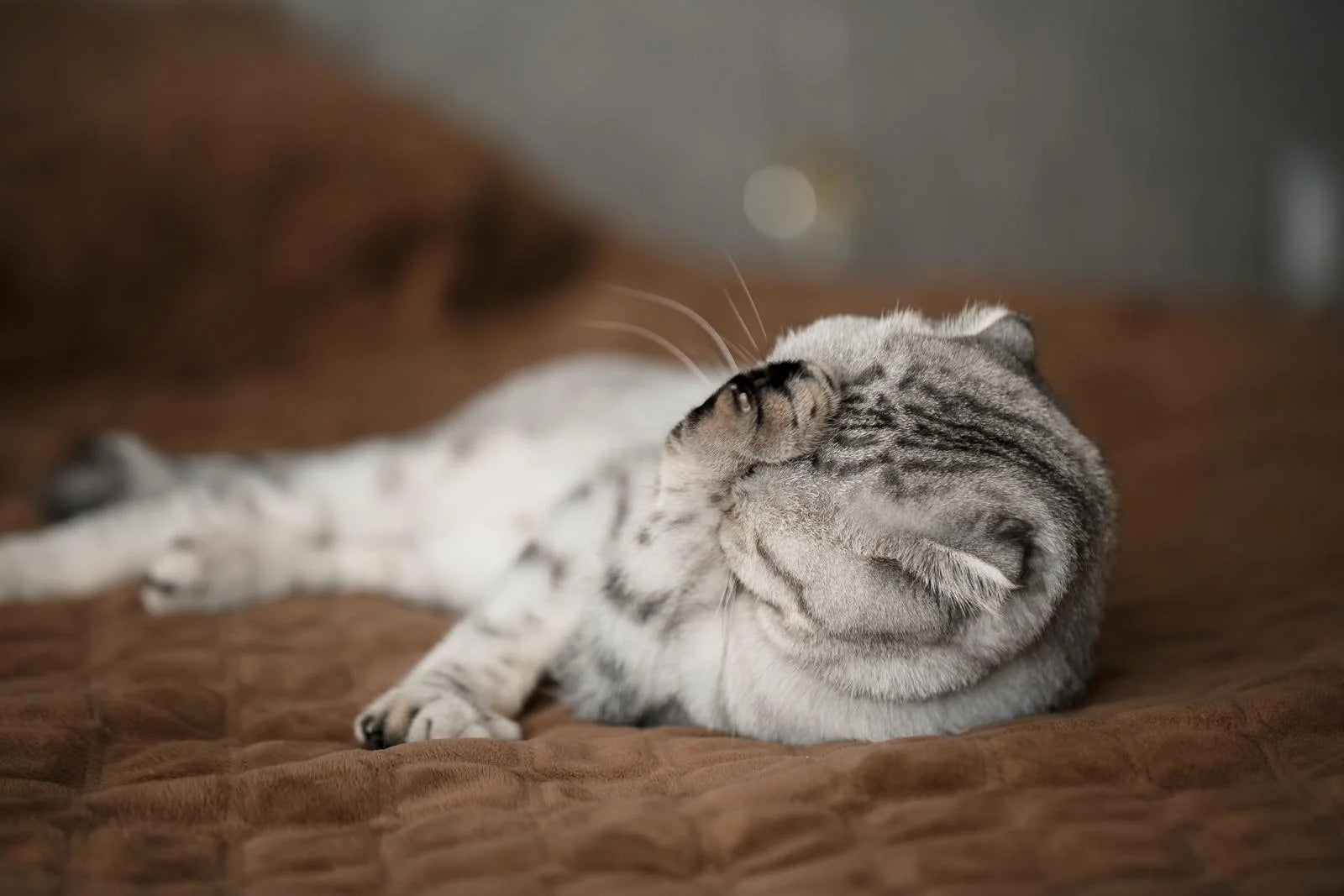
Joint Issues and Arthritis Beyond Osteochondrodysplasia
Even Scottish Folds that don’t have severe osteochondrodysplasia are prone to joint problems. As they age, many develop arthritis, which can significantly impact mobility and quality of life.
Because cats are naturally good at hiding pain, signs of arthritis are often subtle—slower movement, hesitation to jump, or a preference for sleeping in low, accessible areas.
How to Support Joint Health
To ease the strain on their joints and help them stay active:
-
Provide cushioned bedding in warm, draft-free areas
-
Use ramps or pet steps to help them access favorite spots
-
Encourage light activity through short play sessions
-
Maintain a healthy weight to avoid extra stress on joints
Joint supplements like glucosamine and omega-3s can be beneficial, but should always be introduced under veterinary guidance.
Dental Health Concerns: Not Just Cosmetic
Many Scottish Fold cat health issues don’t stop at the joints or heart; oral health also deserves attention. This breed is prone to crowded teeth and dental disease, which can lead to discomfort, infections, and even systemic health issues if left untreated.
Dental problems can be hard to detect, especially in cats that eat normally despite having oral pain.
Warning Signs
Some red flags that your cat may have dental problems include:
-
Bad breath
-
Drooling or difficulty chewing
-
Swollen or bleeding gums
-
Visible tartar or dark areas near the gum line
To avoid complications, routine dental exams and cleanings are recommended, ideally once a year.
Home Care for Healthy Teeth
Daily brushing is ideal, but not always practical. Start slowly with cat-safe toothpaste and a soft finger brush. If your cat resists, try dental treats, water additives, or special dental diets that help reduce plaque buildup.
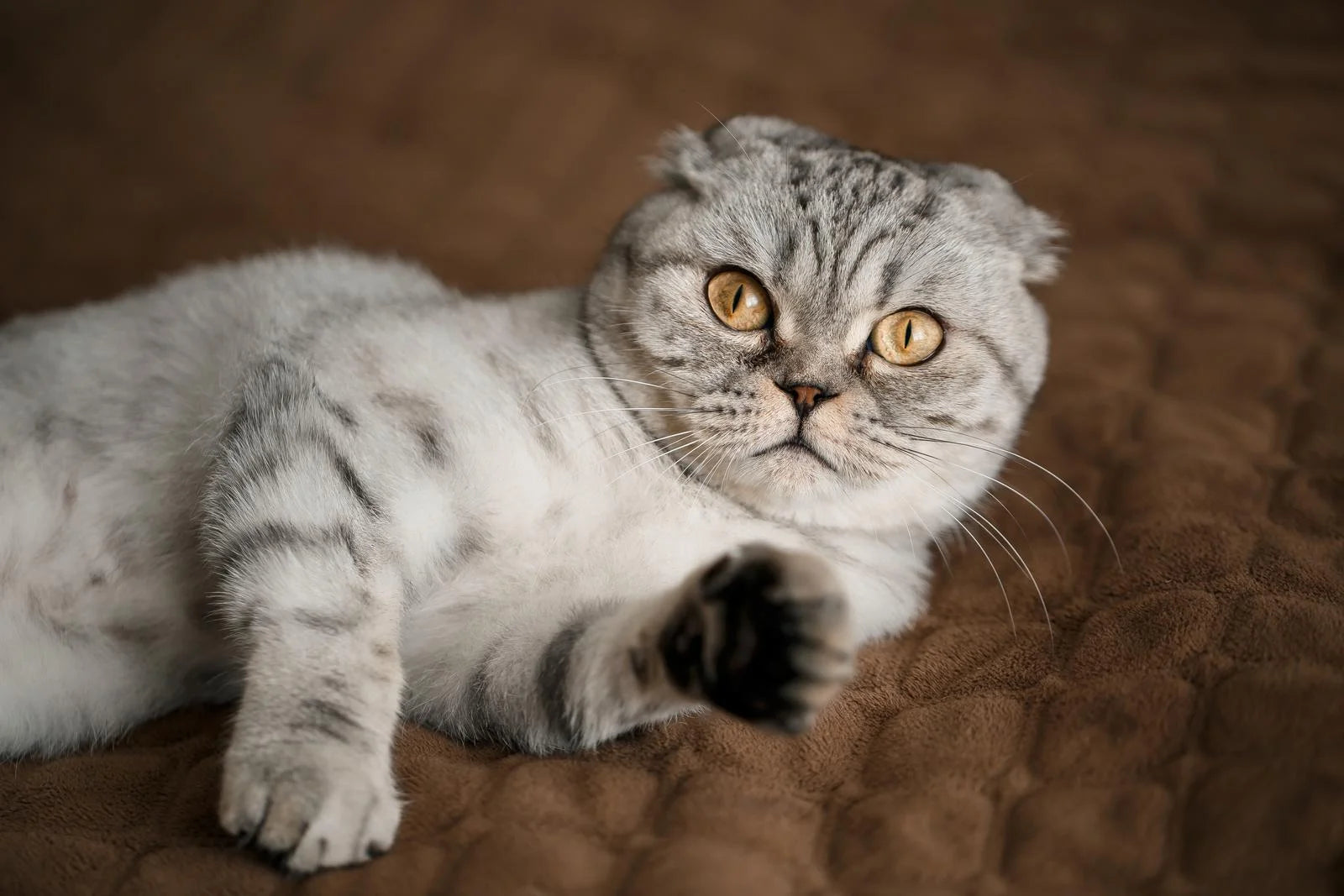
What to Watch For: A Quick Health Checklist
With everything covered, here’s a summary of key Scottish Fold health issues you should keep in mind:
-
Limping, stiffness, or reluctance to jump
-
Chronic or recurring ear infections
-
Lethargy, rapid breathing, or heart murmurs
-
Bad breath, gum swelling, or chewing issues
If any of these signs appear, early veterinary care can make a world of difference. Scottish Folds can live long, fulfilling lives with the right attention to their unique health needs.
Proactive Tips for Keeping Your Scottish Fold Happy
Health issues don’t define your cat—but awareness helps you be a more confident, compassionate owner. Here are a few simple yet effective ways to stay ahead of potential problems:
-
Choose breeders who never mate two folded-ear cats—this minimizes genetic risks
-
Stick to scheduled vet visits for health checks, joint exams, and heart screenings
-
Feed a high-protein, low-filler diet to support bone, joint, and heart health
-
Use soft furnishings and cat-friendly furniture to protect sensitive joints
-
Keep your cat mentally enriched with puzzle toys and gentle interaction
Your Scottish Fold may need a bit more care than other breeds, but in return, you’ll have a deeply affectionate and loyal companion.
Final Thoughts
So, do Scottish Folds have health issues? Yes—but with the right care and early detection, they can live a long and comfortable life. From osteochondrodysplasia and ear infections to cardiomyopathy and arthritis, it’s important to recognize the unique needs of this beautiful breed.
Caring for a Scottish Fold is about more than love—it’s about understanding their health risks and being ready to meet them head-on. If you're prepared to give your cat the thoughtful, preventive care they deserve, you'll be rewarded with years of affection, purring, and companionship.
Tags:


























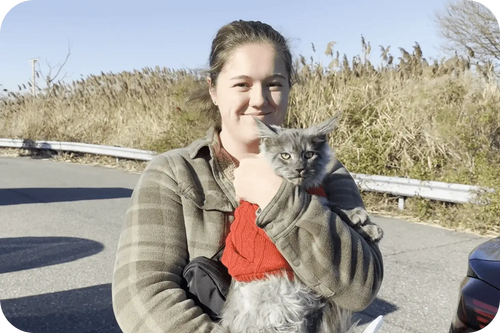
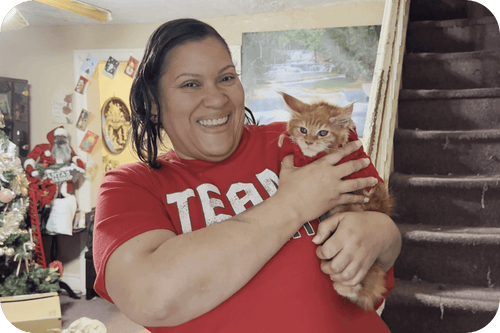
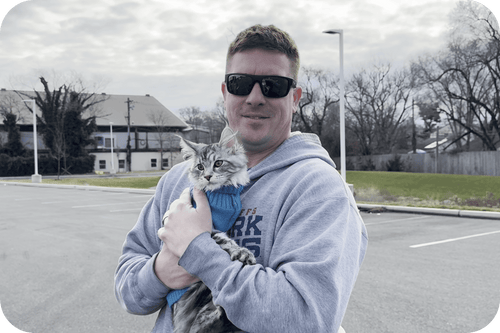






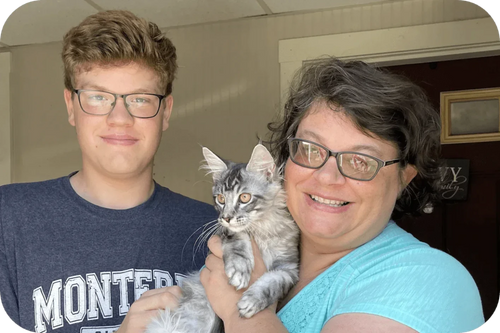
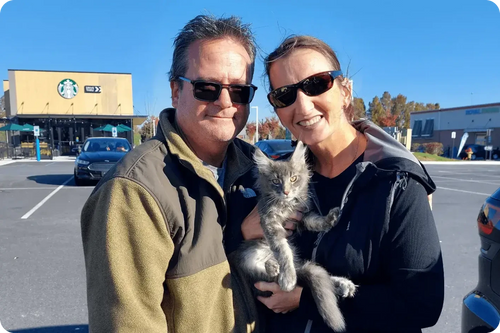
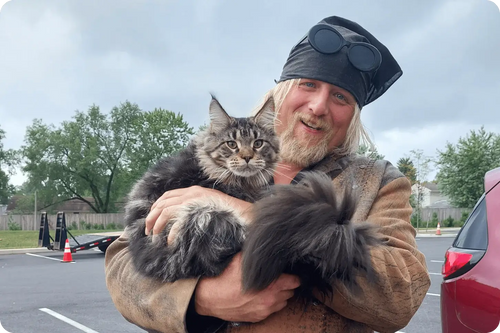


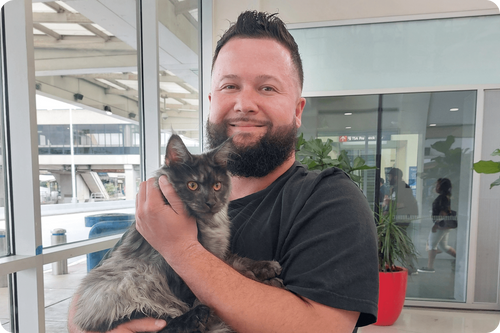













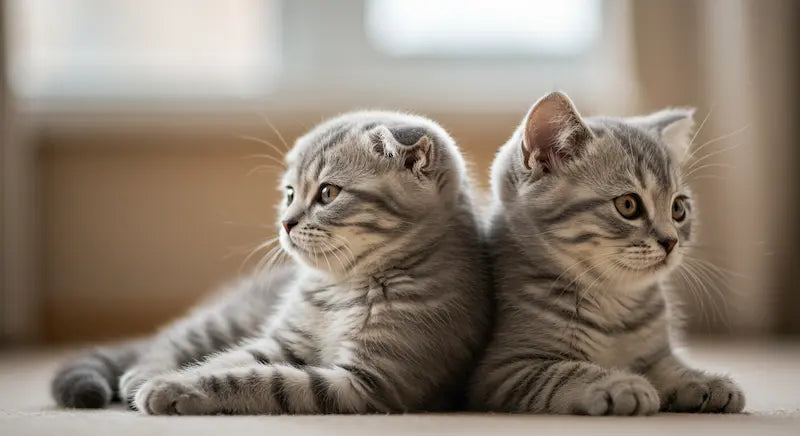
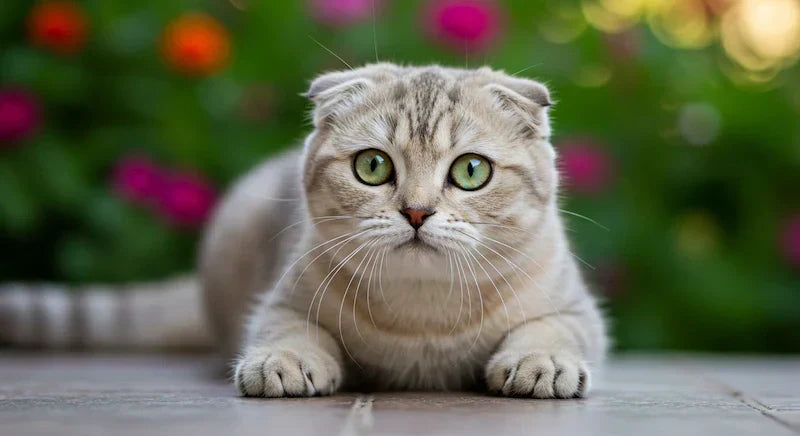





Comments(0)